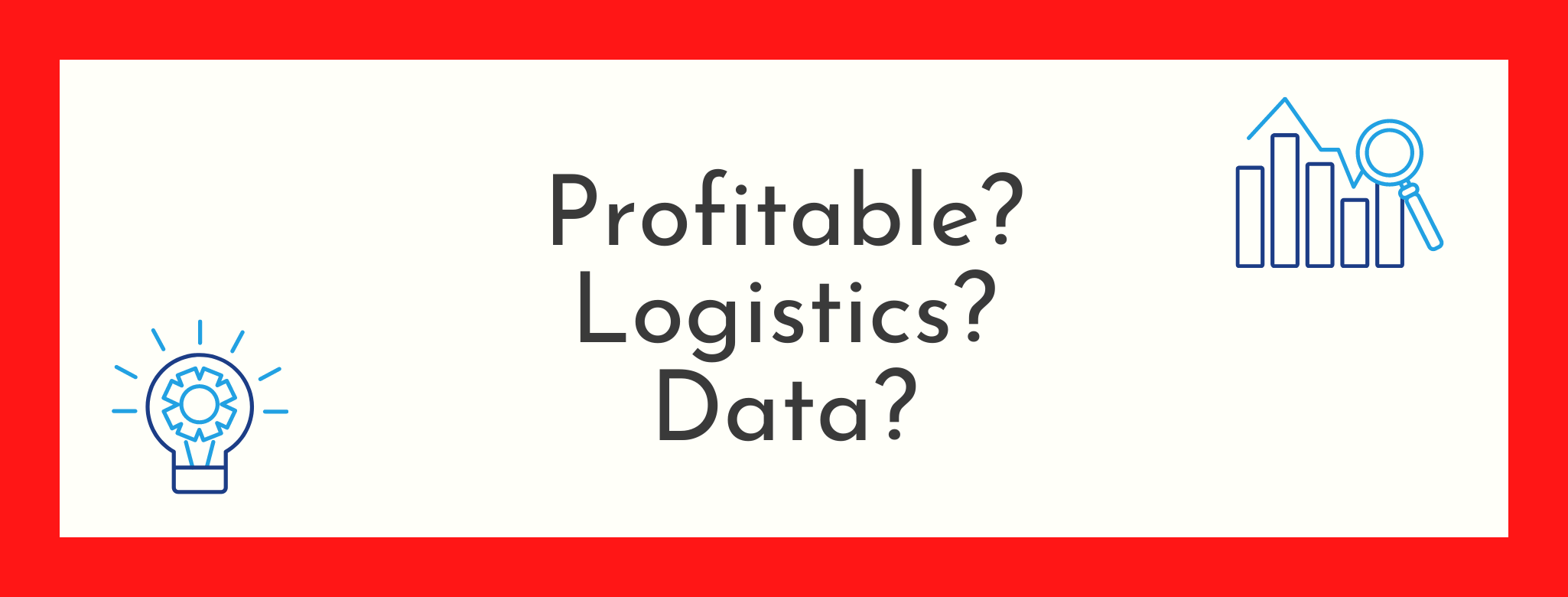- Empty cart.
- Continue Shopping
Why Stores are Struggling to Profit from the Online Shopping Boom?

Whilst pandemics are not new and certainly will not be permanent, behavioral changes brought by a pandemic will most certainly linger longer than the pandemic itself. For one, research by UBS in the UK found that 71 per cent of respondents said they will shop online “as often or more after the COVID -19 situation improves”.
COVID-19 therefore confronted SMEs with an unprecedented blue ocean opportunity to take their businesses online or risk getting eliminated in the playing field.
Whilst e-commerce eliminates fixed costs associated with capital ownership, the costs of running an automated fulfilment and delivery network at the initial stage could be high.
Having an online presence alone is not necessarily an additional channel of sales if no reach is achieved. Achieving a sizable profit requires businesses’ commitment to allocate resources toward advertisement, for two purposes: reach and continual engagement.
Businesses specialising in their respective areas of products are services are often lacking in the right expertise to leverage on data-driven insights and automation to make their online businesses profitable.
Whilst e-commerce platforms such as Shopee and Lazada eliminated the needs for businesses to set up an online presence from ground zero, such platforms are already saturated with competitor vendors, thus which poses an even higher competitive landscape and arguably lower rate of reach than that of a physical store to businesses.
A combination of good data quality, investment in reach, and automated fulfillment could be the way forward for businesses to thrive sustainably in the long-term.
